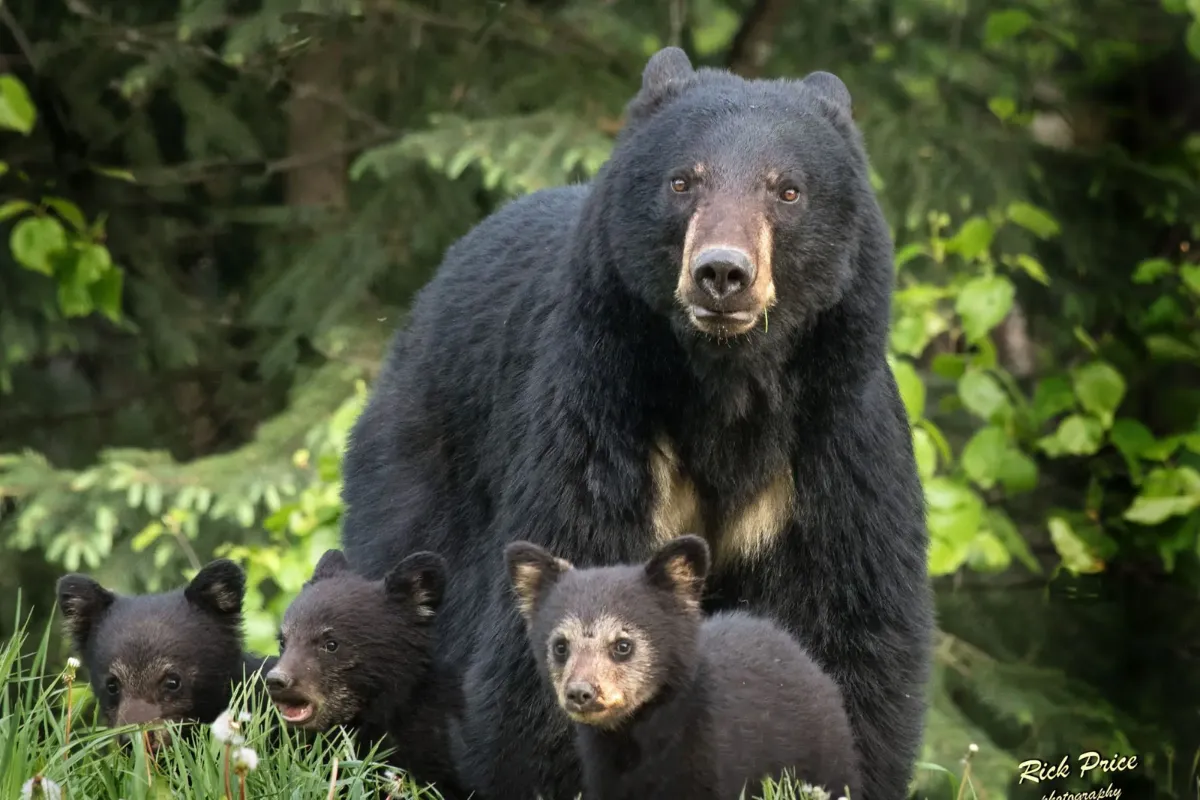A black bear was sadly killed after being hit by a vehicle on U.S. Route 50 near Progress Ridge Road late Thursday night or early Friday morning. This incident highlights a common issue during this time of year when West Virginia’s bear population is especially active.
Lieutenant Ron Runyon from the West Virginia Division of Natural Resources (DNR) Parkersburg office explained what happens after a vehicle strikes a bear. The driver can choose to claim the bear’s remains, have it processed, or turn it over to the DNR for testing and research.
Though collisions involving black bears are less frequent than those with deer, they still happen regularly. Colin Carpenter, the West Virginia DNR Black Bear Project Leader, says the state averages about 100 bears killed by vehicles each year.
Some years see even higher numbers, often depending on how much natural food is available. When food is scarce, bears travel more widely and are more likely to cross roads.
This season is especially risky because many bears around 18 months old are starting to live on their own, as their mothers prepare to breed again. The breeding season for bears usually kicks off in June and July, so bears are particularly active now, searching for food.
Carpenter warns that spotting a black bear at night is tough because their dark fur blends into the shadows. He advises drivers to slow down after dark and avoid driving faster than their headlights can safely illuminate to reduce accidents.
The West Virginia DNR also urges residents to take simple but important steps to keep bears from coming into neighborhoods. Secure your trash, remove bird feeders, and don’t leave pet food or food scraps outside. While feeding bears is illegal, many people unintentionally attract them with unsecured food sources.
Bear activity tends to increase and peak in May and June, but conflicts with humans can start as early as April when natural foods like berries are still limited.
Residents are reminded to never feed or approach bears, keep food and trash safely stored, remove bird feeders when bears are active, clean grills after use, and share information about bear sightings with neighbors.
WVDNR Director Brett McMillion said, “As we enter peak bear activity season, we’re asking everyone to help keep our state animal wild by cleaning up their property and removing food and trash that attracts bears.
By being aware and taking these precautions, we can reduce conflicts, protect property, and help ensure a healthy future for West Virginia’s black bears.”
















